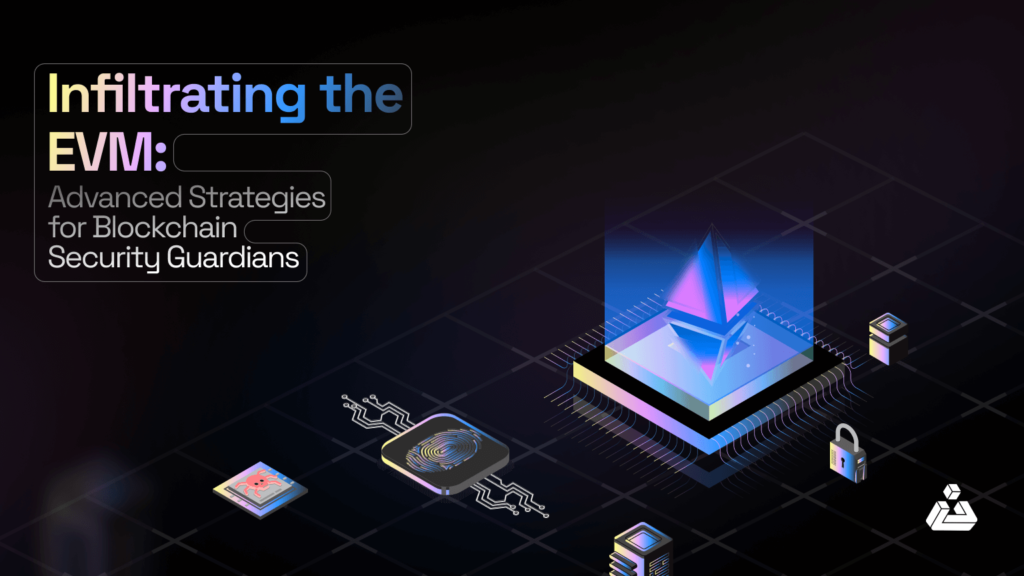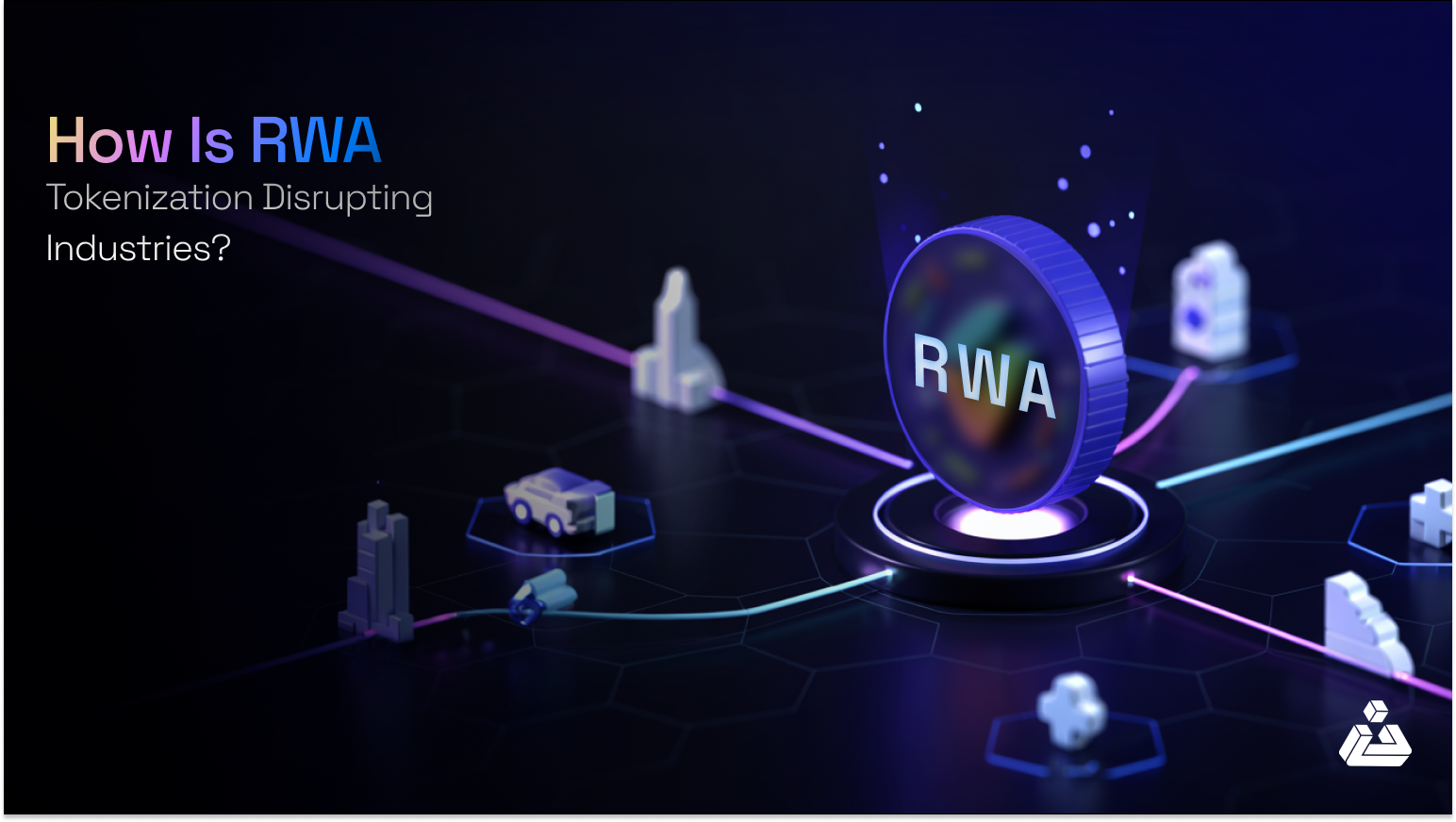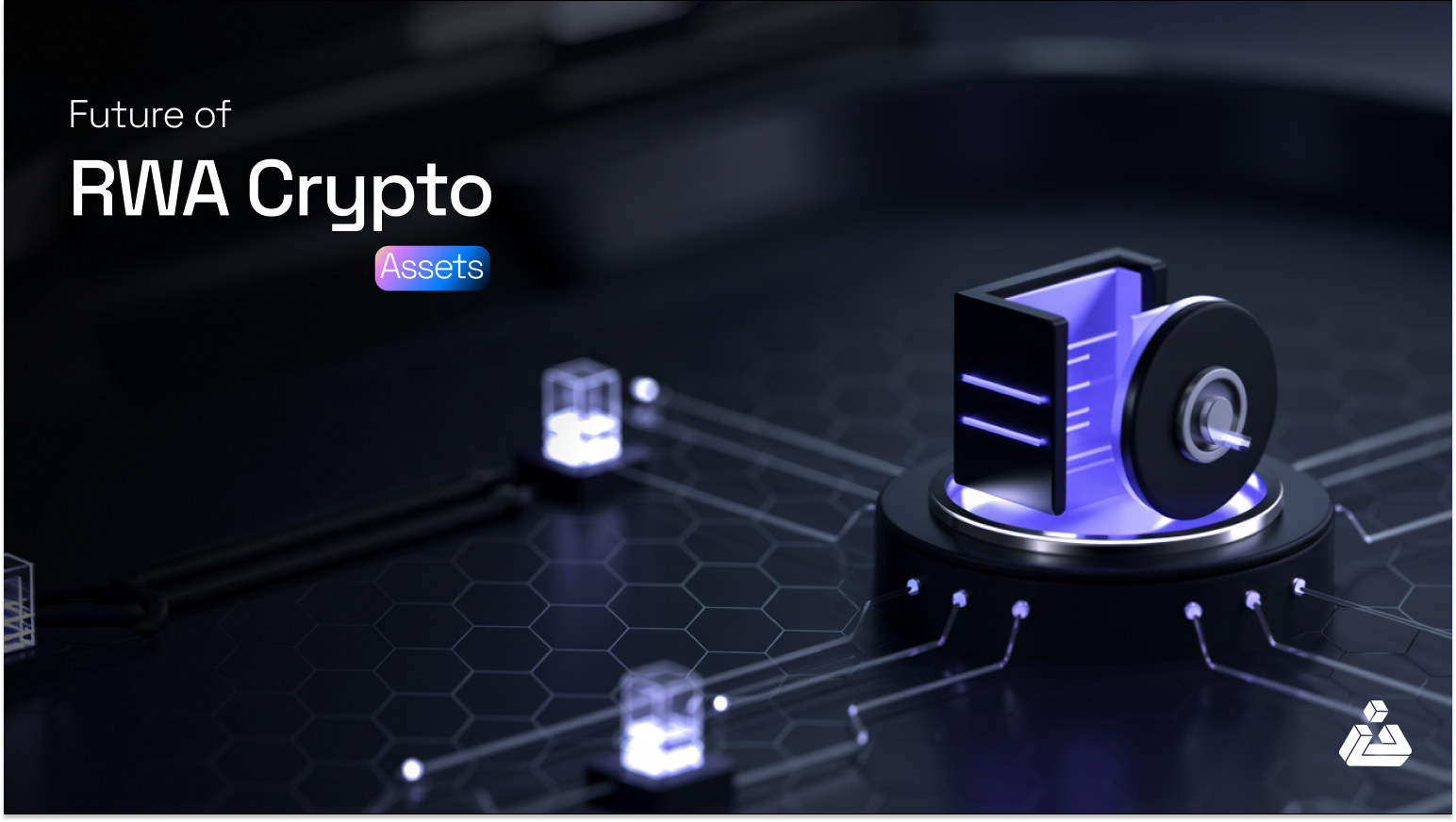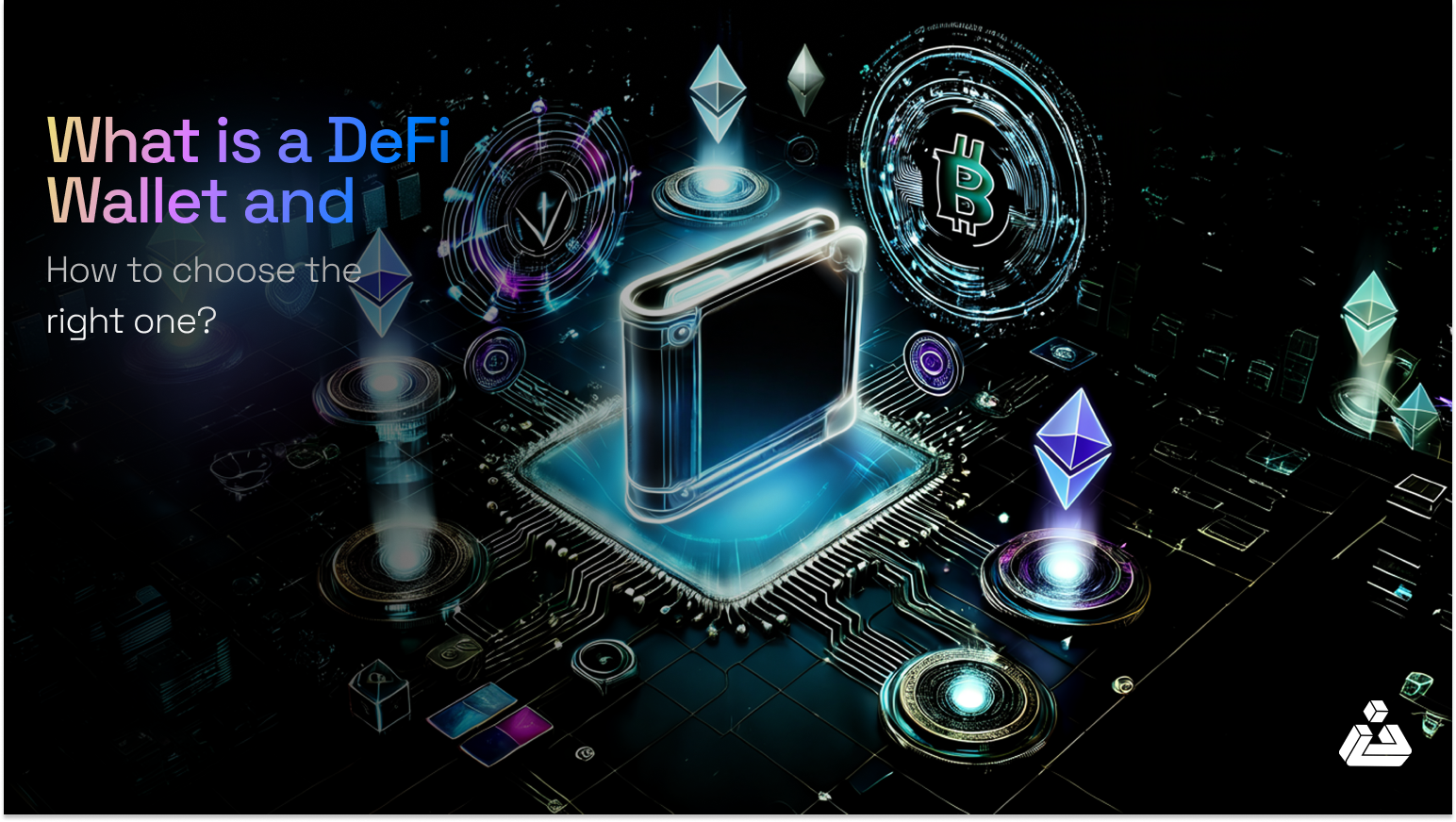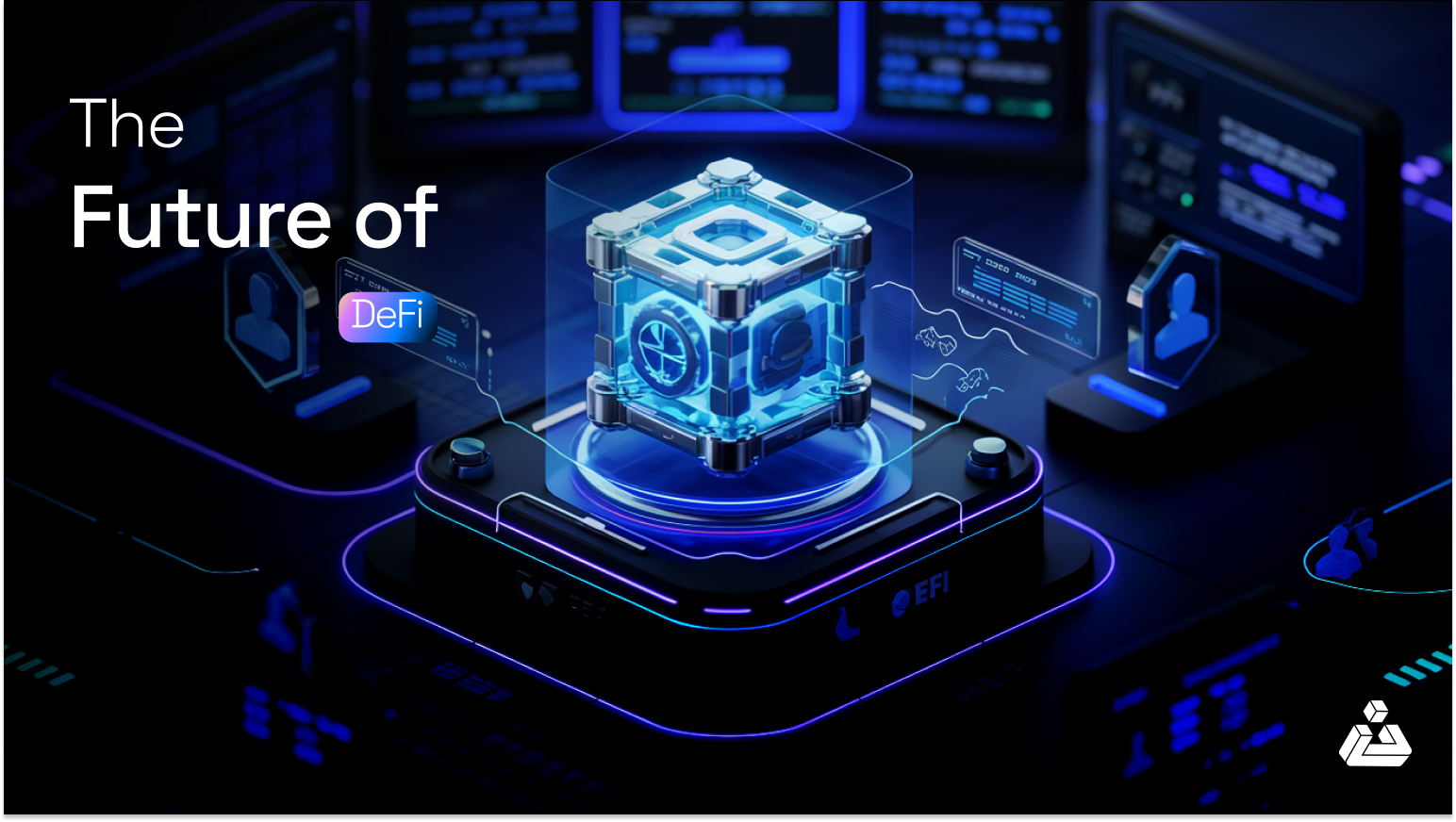TL;DR: BlockApex is revolutionizing the smart contract audit industry by offering an advanced auditing course for seasoned professionals to learn advanced strategies for blockchain security guardians. With a focus on the Ethereum Virtual Machine (EVM) niche areas, the course skips the basics and provides practical and advanced insights. The article series offers a sneak peek into the course, covering the journey of a smart contract from its Solidity version to bytecode on the EVM.
It explores security vulnerabilities at each stage and highlights the importance of thorough auditing. BlockApex aims to enhance the industry and prevent financial losses by equipping auditors with comprehensive knowledge. Join us in the article series and course to stay ahead in the evolving world of blockchain security.
Spilling the Beans
27 months back, code4rena released its first report, showcasing the top 10 auditors who participated in the first-of-its-kind open audit contest. Featuring a bug bounty-hunting approach, code4rena boldly entered the competitive audit industry, going head-to-head with established names like Trail of Bits, ConsenSys Diligence, and Certora. C4 turned the tide when just after two years, we now see a whopping increase in smart contract auditors and security researchers contributing to various security niches of the wider blockchain ecosystem.
What do you deduce then?
- The increasing influx of individuals observed in the smart contract audit industry is an encouraging indication, yet,
- It is imperative to provide a robust arsenal of advanced resources to auditors and security researchers who have
- achieved remarkable success, earning substantial bounties and uncovering valuable and insightful findings to secure protocols on the blockchain, yet in a non-scalable approach
- helped onboard experts from diverse fields; these experts are currently utilizing only the knowledge that closely aligns with their aptitude, but not in a comprehensive manner
- A well-rounded formal education space should encompass such subject material that
- enforces auditors to perform a thorough assessment of all aspects of security, including but not limited to information security, financial laws, programmable weaknesses, business logic failures, blockchain challenges, etc
- and effectively integrate them into their audit framework with confidence
We need to remind ourselves of the fact that a smart contract audit serves a mightier purpose beyond just finding bugs; it’s about ensuring the security of the application, its users, and the blockchain at large.
So, what exactly is your plan?
At BlockApex, we firmly believe that a standardized auditing approach that exceeds the fundamentals and caters to seasoned professionals in the industry is crucial in today’s increasingly competitive landscape.
We at BlockApex are leading the charge in this field. With a specialized curriculum designed specifically for experts is currently in development based on extensive research from in-depth technical grounds supplied with statistics and psychological behaviors, we aim to provide a 401 university-level course that skips auditing basics, focuses on niche areas of EVM with an auditor’s lens, and has a prerequisite of solid practical experience for our potential audience.
Hmm, Tell me more!
Following this, BlockApex will share some teasers on the course via an article series, with this one focusing on EVM, for which the first part will be shared in the upcoming week!
The article series will visualize the compilation and deployment process of a smart contract on the blockchain. First, we will detail the contract’s transformation from Solidity to Yul IR format, and finally to bytecode. This bytecode then becomes executable opcodes on the EVM. After covering the definition, we will focus on identifying security vulnerabilities at each contract development stage. This approach will equip auditors with the knowledge to identify, locate, and address these vulnerabilities once we clearly define the atomic stages.
And what should I expect?
The article’s outset offers a mere glimpse of the course, indicating the extent of what will be uncovered later. For instance, defining the smart contract is not going to say that a smart contract is a piece of code that runs on the world computer.
We equally hate that all that basics resurfacing time and again! Come on, peeps! Let’s accept it and spread the word that starting off with defining what’s a blockchain is really old school
Instead, here you will see how the contract goes through the compiler’s semantic tokenization and how the compiler embraces the tokens to parse the instructions before transpiring it to Yul and Assembly for an intermediate Representation. We further expand on the optimizations the transpiled code goes through as it is converted to the EVM executable bytecode.
The article series dives deeper into exploring the attack surfaces during the stages of smart contract deployment along with the components of blockchain that are prone to impact those stages. The fact that components of the wider blockchain ecosystem are permissionless to interact with allows an adversarial actor with an advanced knowledge set to bring harm to it in any sense that was not unveiled before or that might have been missed, neglected, or stepped over during the security iterations.
Closing Off
We believe that the audit space is expanding like never before, and we are contributing in the way we found it fit. It is high time that we learn more from our previous experiences, not make the same old mistakes and not just keep making people lose their money, trust, hopes, and lives over mere insecure code. See you in the article series and course.
Also read the other part of our series
Infiltrating the EVM-I: Demystifying Smart Contracts & Auditing
Infiltrating the EVM-II: Inside the War Room’s Arsenal
Infiltrating the EVM-III: Unravel the Impact Of Blockchain On Bug Fixing!
Infiltrating The EVM IV – Echoes of the Past, Visions for Tomorrow



